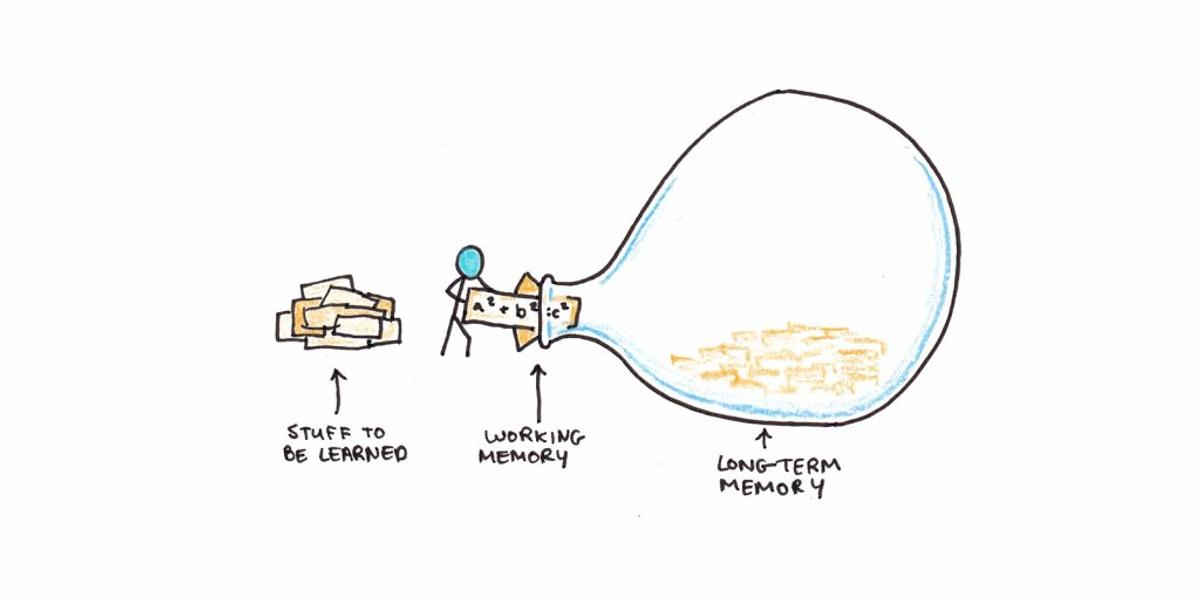Faith Life & Learning and Teaching News
Curriculum Updates in English, Mathematics, Faith, Discovery & Inquiry

Faith Life & Learning and Teaching News
Curriculum Updates in English, Mathematics, Faith, Discovery & Inquiry




Congratulations to all the children who were confirmed on Wednesday night. The children were well prepared by their families and staff in understanding the significance of this Sacrament of Initiation and we thank Bishop Martin Ashe and Fr. Binh for celebrating the mass. We ask that you keep the children in your prayers as they continue to use the Gifts and the Fruits of the Holy Spirit to follow the messages and teachings of Christ.














An area that we have been discussing during collaborative planning and developing our professional knowledge around is cognitive load theory. Cognitive load theory is a framework that helps us understand how the brain processes information when learning new things. It’s a bit like how a computer processes data – the brain has limits on how much information it can handle at once.
Cognitive load is the amount of mental effort or "work" required to process information. Just like lifting heavy weights can be physically taxing, processing complex information can be mentally taxing. When children are presented with too much new information at once, it can overwhelm their working memory and hinder learning. Similarly, overly complex tasks can also increase cognitive load and make learning more difficult.
In response to this, we have been targeting the designing of lessons to reduce cognitive load demands by ensuring that we incorporate the following strategies to facilitate learning:
Understanding cognitive load theory can help to support your children's learning more effectively. By being aware of the factors that influence cognitive load, we can provide a supportive learning environment that promotes engagement, understanding, and academic success.
Sue Burke
English Leader
sburke@shnewport.catholic.edu.au